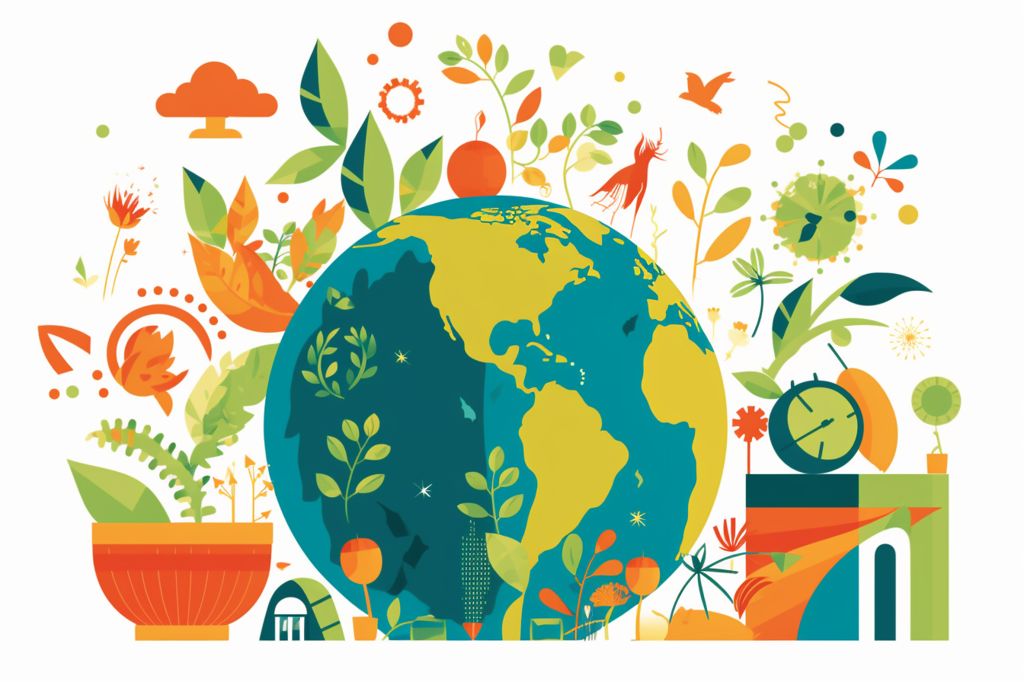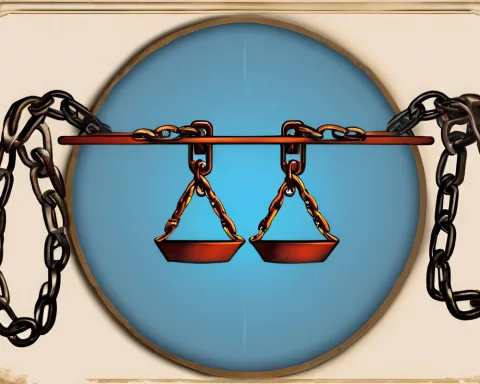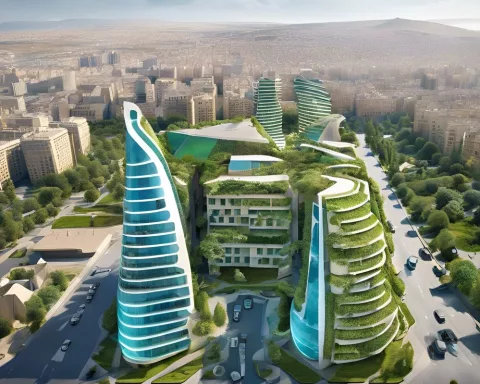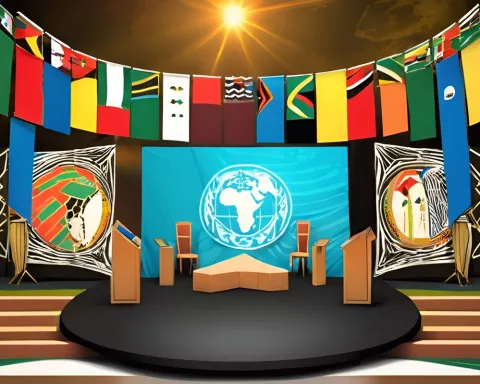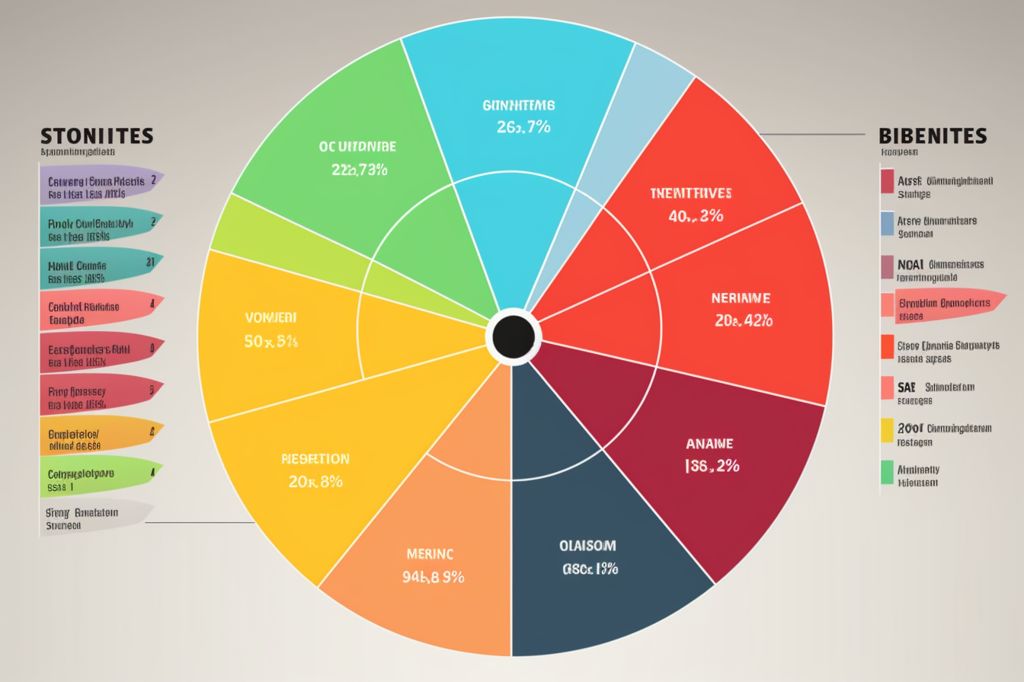South Africa’s Employment and Labour Minister, Thulas Nxesi, has called on the international community to accelerate progress towards achieving the Sustainable Development Goals (SDGs) by 2030. Speaking at the 111th Session of the International Labour Conference (ILC) in Geneva, Switzerland, Nxesi emphasized the need for a coordinated and collaborative approach to promoting social justice and tackling global challenges such as economic inequality, poverty, and discrimination.
Urging for Action to Achieve SDGs
Nxesi urged the International Labour Organization (ILO) members to facilitate high-level dialogues and enhance policy coherence in order to achieve the SDG targets, with only seven years remaining. He called for a Global Coalition to be established that would elevate social justice as a global policy imperative and foster multilateral cooperation among the ILO’s partners and stakeholders.
Gratitude to ILO for Advancing Social Justice Globally
South Africa expressed its gratitude to the ILO for its commitment to advancing social justice globally. The United Nations’ (UN) Global Goals and the 2030 Agenda for Sustainable Development aim to eradicate poverty and hunger, promote human rights, ensure gender equality, and protect the environment.
Ongoing Technological and Scientific Progress
The ILO Director-General, Gilbert F. Houngbo, acknowledged the ongoing technological and scientific progress that is shaping new forms of work and generating thousands of jobs. However, he also recognized the setbacks faced by countries in their efforts to recover from the economic and social impact of COVID-19 pandemic.
Multi-Stakeholder Engagement for Global Coalition
Nxesi suggested closer engagement among major organizations such as the International Monetary Fund (IMF), World Bank, World Trade Organization (WTO), and the ILO in order to establish the proposed Global Coalition for Social Justice. He highlighted that existing frameworks and initiatives share similar goals and objectives with the proposed coalition, and there is no need to reinvent the wheel.
Inclusivity and Social Dialogue Crucial for Success
Nxesi cautioned against overlooking the ILO’s crucial tripartite composition in shaping social contracts at both national and international levels. He emphasized that the success of the Global Coalition depends on its inclusivity and social dialogue, with governments, employers, and workers’ organizations collaborating to develop inclusive policies, promote social dialogue, create sustainable jobs, and foster sustainable development.
Decisive Action Required to Reverse Negative Trends
Addressing the ongoing challenges hindering social justice, Nxesi stressed the importance of decisive action to reverse negative trends and protect the dignity and well-being of workers worldwide. He believes that by doing so, a more just and equitable future can be built for all.
Strengthening International Relations
During the ILC, Minister Nxesi participated in bilateral meetings with various counterparts to strengthen international relations. His program also included attending the African Regional Labour Administration Centre (ARLAC) Governing Council meeting and hosting the BRICS Employment and Labour Ministers to discuss plans for the upcoming Employment Working Group meetings in South Africa.

